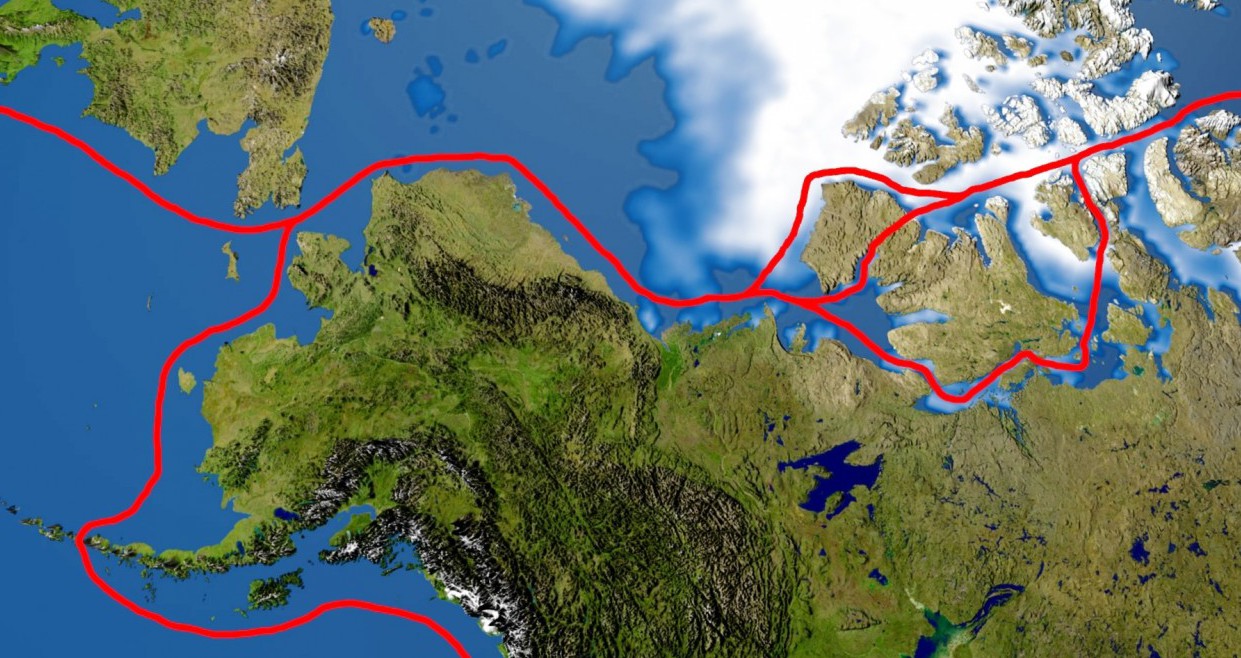Esquire’s Charles Pierce recently wrote a post about our nation’s obsession with destiny and history. He charges us to count how often pundits use hyperbolic language, calling everything “unprecedented” “historic” or “game-changing.” Just today, the news is obsessed with President Obama speaking with the president of Iran. The word “historic” has been tossed around so casually. Somehow, this has been applied doubly to our elections. Every election is called “historic.” Every elected official made into an incredibly significant figure. This contributed to the Scott Brown phenomenon: a guy who got lucky and won narrowly in a fluke special election was all of a sudden hailed as the Republican messiah. When he failed to win reelection his first time up, the media turned to Rand Paul and now Ted Cruz to fill that void.
Society has become obsessed with newness and history to the detriment of our governing ability. The romance of being the challenger seems to always win over the practicalities of governing. Presidencies are no longer measured in years. People began calling President Obama a lame duck the day after his swearing-in for his second term. The 2016 election is being run before the 2014 midterms even start, causing people to follow Chris Christie and Hillary Clinton around, even though neither have announced they are running. Just yesterday, the New York Times ran a story about the possibility of Elizabeth Warren running for President. She denies any interest in the job. The possibility of a challenger and a new election has overshadowed the process of governing.
Put together, this means those who attain office have less and less time to get work done. We live in a continuing resolution democracy: we pass something that just keeps things going while we continue to argue about the same issues. Both parties stall progress just in case they do well in the next election and can do what they want without compromise in a year. Instead of working across the aisle, our officials start Super PACs to knock their colleagues out of office.We see this in the issue of global climate change. While politics failed to create a concrete plan by not curbing greenhouse gases, something amazing has happened. Henry Hudson and John Cabot should be happy to know that the Northwest Passage has opened up. Even though the Senate passed a cap-and-trade bill, the House failed to do so. Thus, today ice sheets and glaciers have receded enough that ships can get from the Pacific to the Atlantic through a Northwest Passage. The inability of a two-term democratic president to get something done about a dire threat to our population proves how petty and small our politics has become despite the fact that journalists describe them in breathless terms of significance. President Obama has even campaigned on this “do-nothing Congress,” touting all his executive orders and actions that he has made in lieu of legislation, for example raising fuel efficiency standards for cars.
With elections having more and more coverage and significance heaped onto them, they afford the winners ever less power. Gerrymandering, outside money, and our nation’s obsession with the next election, the next challenger, the next great historical figure, means the person in office ironically has less power. We can wait and see if any candidates announce their run for the White House before the 2014 midterms.
University of Virginia Professor Larry Sabato offered 23 constitutional amendments that he believes would make governing fairer and more effective. I do not agree with all of them, but reading them makes one realize that the country does not have to be run like this. Check them out here and see what you think.

RT @BrownBPR: Letting Destiny Down: How our obsession with the next election is hurting our governing. http://t.co/3Ig1ugtFDV